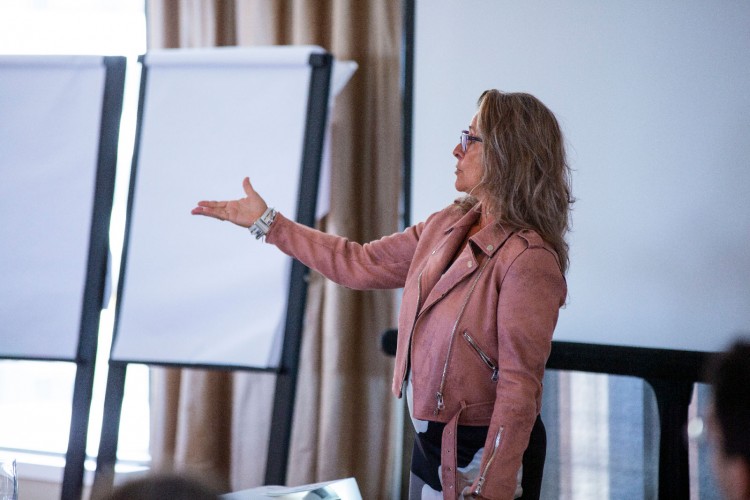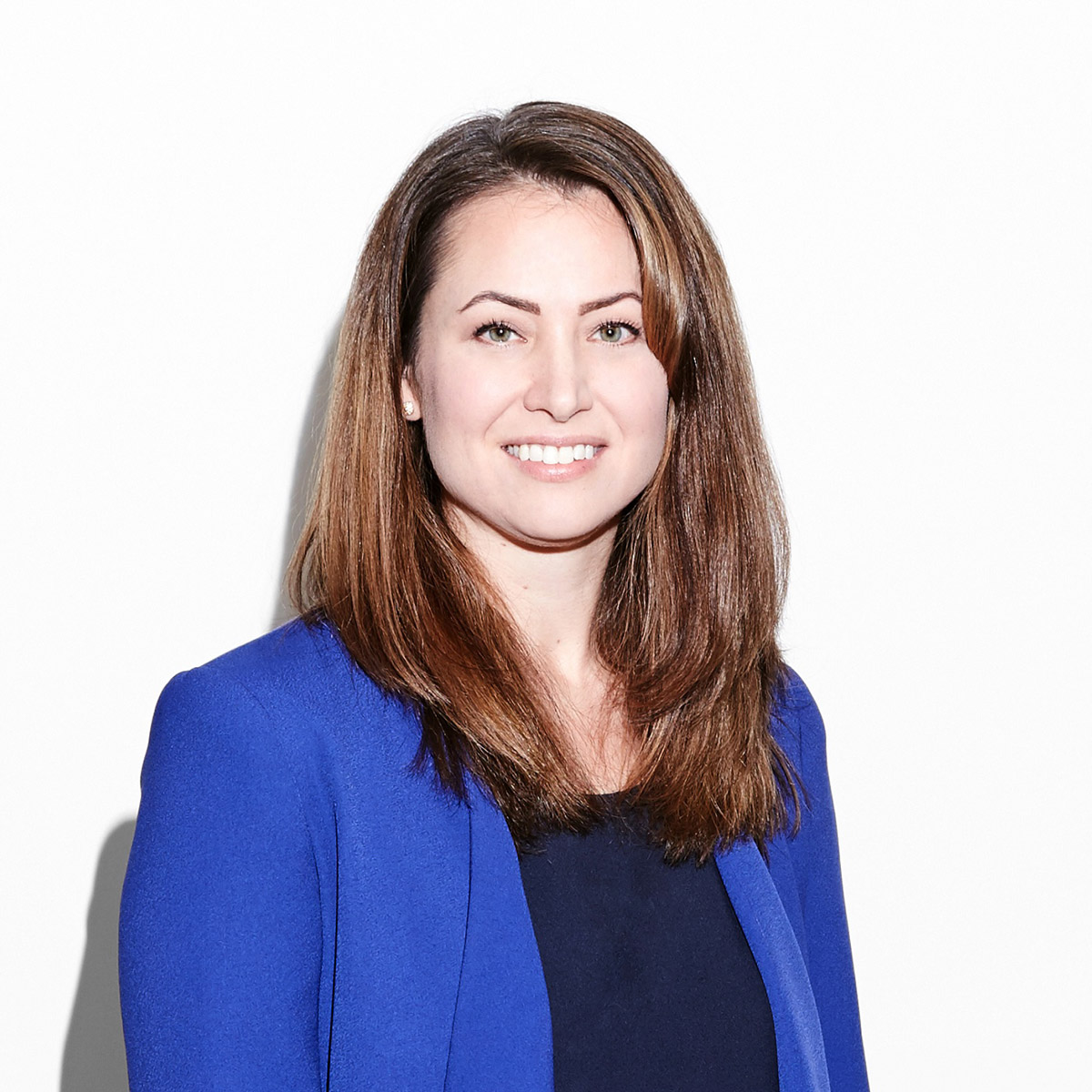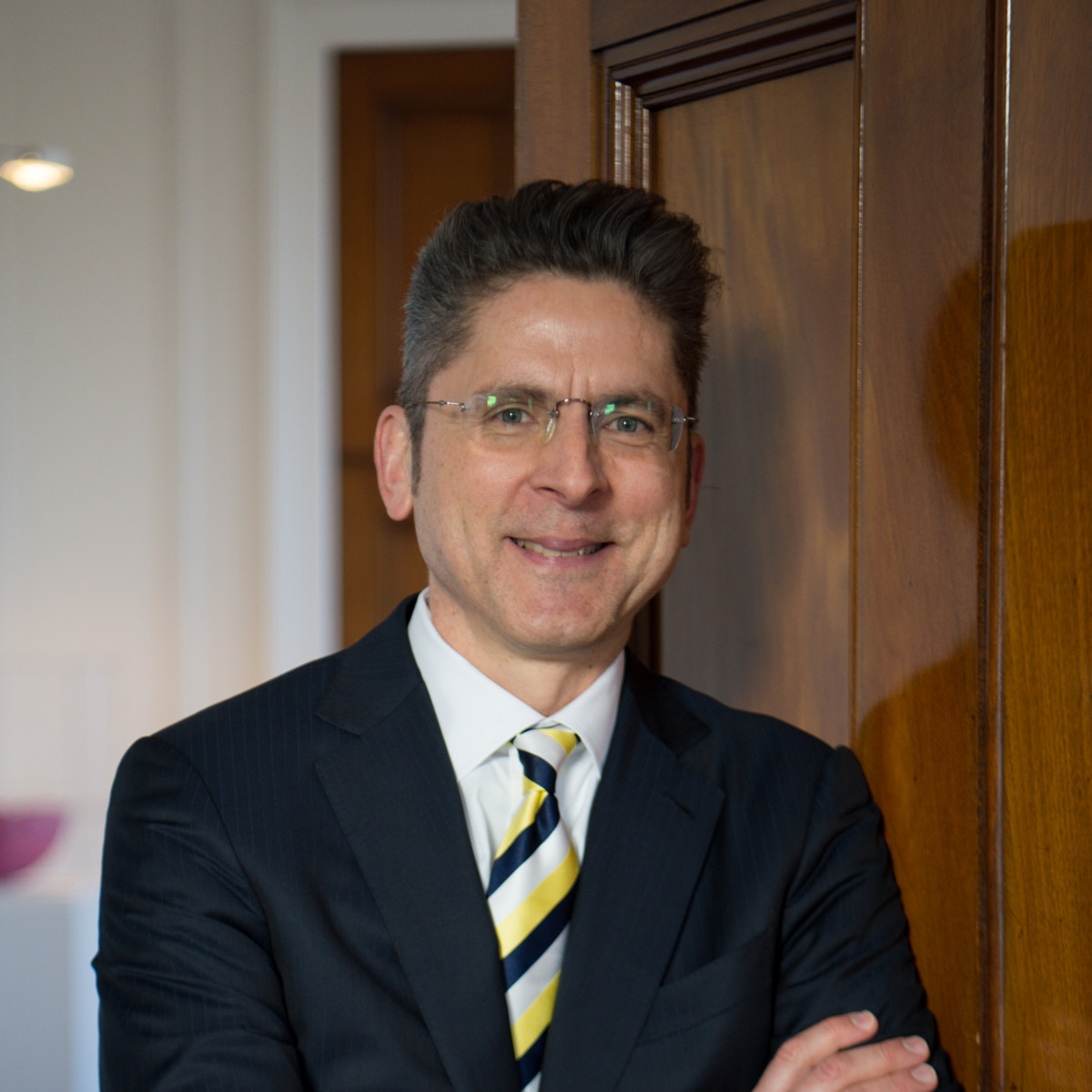CANADIAN IMMIGRATION UPDATES: Applicants to Master’s and Doctoral degrees are not affected by the recently announced cap on study permits. Read more

Executive Education: Innovating to deliver a superior experience

At UBC Sauder School of Business, Executive Education is constantly evolving to meet market needs, but in the last 15 months, course offerings have changed to reflect our changed world. While COVID-19 lay waste to traditional ways of working, from the disaster emerged new opportunities for leaders and their teams. Those that recognized the need to go back to school to retool and upskill are reaping the rewards of their investment.
Reimagining workplaces and workstyles
According to Bruce Wiesner, Associate Dean for Executive Education at UBC Sauder, one the biggest differences in Executive Education today is the heightened focus on customized, individualized learning for business professionals.
“Pre-pandemic, Executive Education focused to a large degree on the needs of the organization,” explains Wiesner. “Today, with online learning and education-based technology becoming more widely adopted, we have courses designed for both an organization’s goals as well as the specific needs and wants of our participants.”
Transitioning from employee to entrepreneur

Rod Fram
President, Transpacific Realty Advisors
Rod Fram is an expert in commercial and residential property management. Throughout his career, he’s taken courses to acquire new skills and accreditations. After taking several professional development courses with UBC Sauder Executive Education, he recently earned his Certificate in Advanced Leadership.
“In my old company, I was a general manager,” says Fram, who today leads a property management company and team of 35 people. “When I started my own company, there was so much that I needed to learn – everything from branding to IT to marketing.”
Earlier this year, Fram took Meeting the Leadership Challenge (MTLC), a two-part program that challenges participants to gain a deeper understanding of what it means to be a leader and then teaches practical skills for managing people and leading organizations more effectively.
“I was drawn to MTLC because I wanted to ensure that as a leader, I was keeping current,” explains Fram. “I wanted to learn what are the best practices today on culture, on leadership and management.”
Seeking new tools to lead teams through change

Kathy Tuulos
Director, Low Tide Propertiess
Kathy Tuulos turned to UBC Sauder Executive Education for help in advancing her leadership skillset, including learning new strategies for managing teams.
“COVID was just incredibly demanding on me as a leader,” says Tuulos, who leads a team of 17 as a Director at Low Tide Properties, a private real estate investment, development, and management company. “I felt kind of drained myself, so I decided to take a course to do a reset. I wanted to discover new insights into how I lead and bring my leadership to the next level.”
Tuulos enrolled in the Integrated Management Program (since replaced with Mini-MBA: Essential Business Skills). She enjoyed the experience so much that when the opportunity arose, she enrolled in the spring session of Meeting the Leadership Challenge.
“We were broken into groups of four. I was in a group with two CEOs and a senior HR manager. Although we were in very different industries, we were all facing very similar stressors and we learned so much from one another.”
Powerful, virtual, live learning

Bruce Wiesner
Associate Dean, Executive Education at UBC Sauder School of Business
Online education offers busy professionals the flexibility to go to school while still balancing their professional and personal responsibilities. Still, some wonder whether virtual school can replicate the in-person experience.
“It’s not easy recreating the social connections people associate with face-to-face learning environments,” notes Wiesner. “We had to dig deep and innovate to deliver programs that, although online, are creating that emotional engagement for participants and supporting them to develop a mindset that is better attuned to the modern business world.”
Based on feedback collected from program participants, the Executive Education team makes continuous enhancements to ensure a premium academic experience. For example, the most recent session of Meeting the Leadership Challenge was broken into two modules over different weeks with an inter-modular section that incorporated team coaching, individual coaching, experimentation and reflection.
To avoid the problem of ‘video fatigue’ – an occupational hazard for today’s remote workers – lectures are augmented with myriad opportunities to break into small groups to tackle hands-on exercises. By creating small project teams, peer-to-peer networking, learning and support happen organically.
Delivering a transformational educational experience
Tuulos went into her program wondering whether online learning would be cold and impersonal, but quickly bonded with her group.
“We created a really special environment. We’ve actually continued to meet once a month to just to talk about our work and help each other problem-solve.”
Fram was also pleasantly surprised by the virtual classroom.
“The quality of conversations we had was really high. I was very impressed by all of my classmates. They came with a true business ownership mindset and I regarded them all as true peers.”
Why participants are so satisfied with their Executive Education experience
With courses focused on in-demand topics such as effective leadership, strategic thinking, finance, business and process improvement, communications and digital marketing, there’s something for every professional looking to have a bigger impact in their organization, in business, and in the wider community.
There may have been a time when online education lagged behind the in-person experience, but both Fram and Tuulos believe that paradigm has shifted. The two executives discovered that UBC Sauder Executive Education’s digital classroom was a welcoming and highly-interactive space, where they expanded their professional networks and learned essential skills for leading and managing in a dynamic business landscape.
To find out what course best suits your leadership development needs, explore all Executive Education programs at UBC Sauder School of Business.
